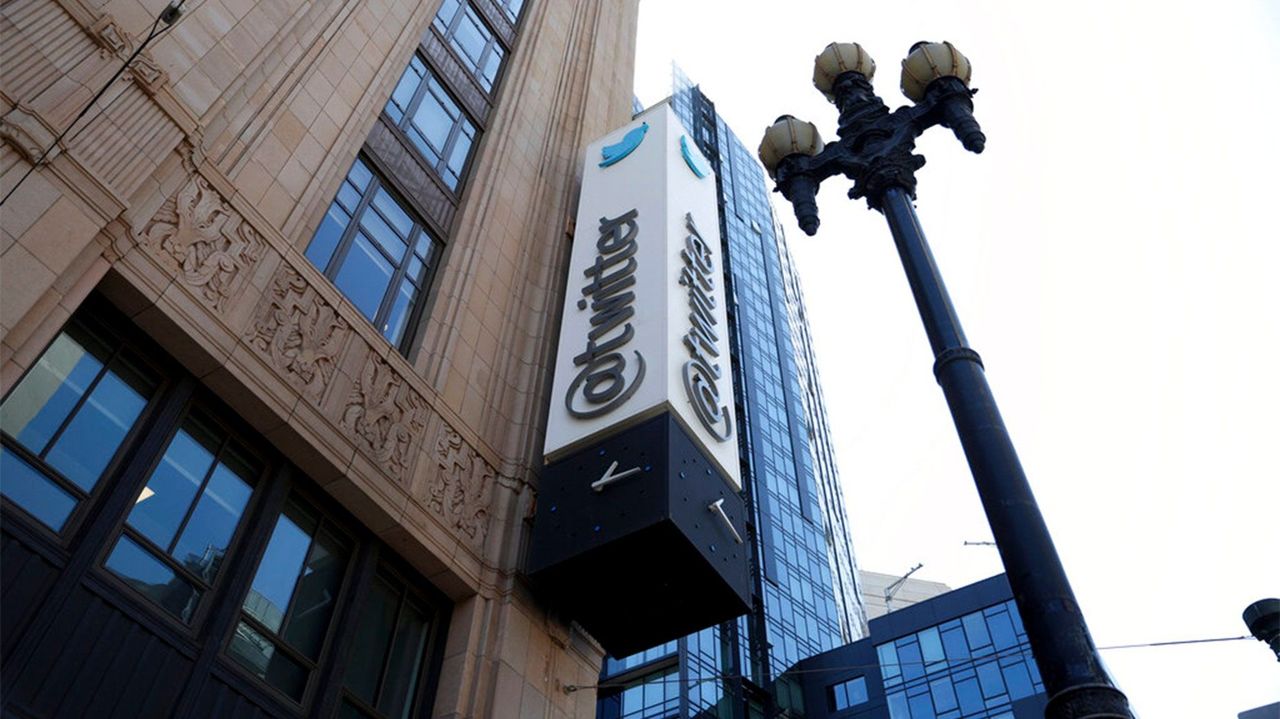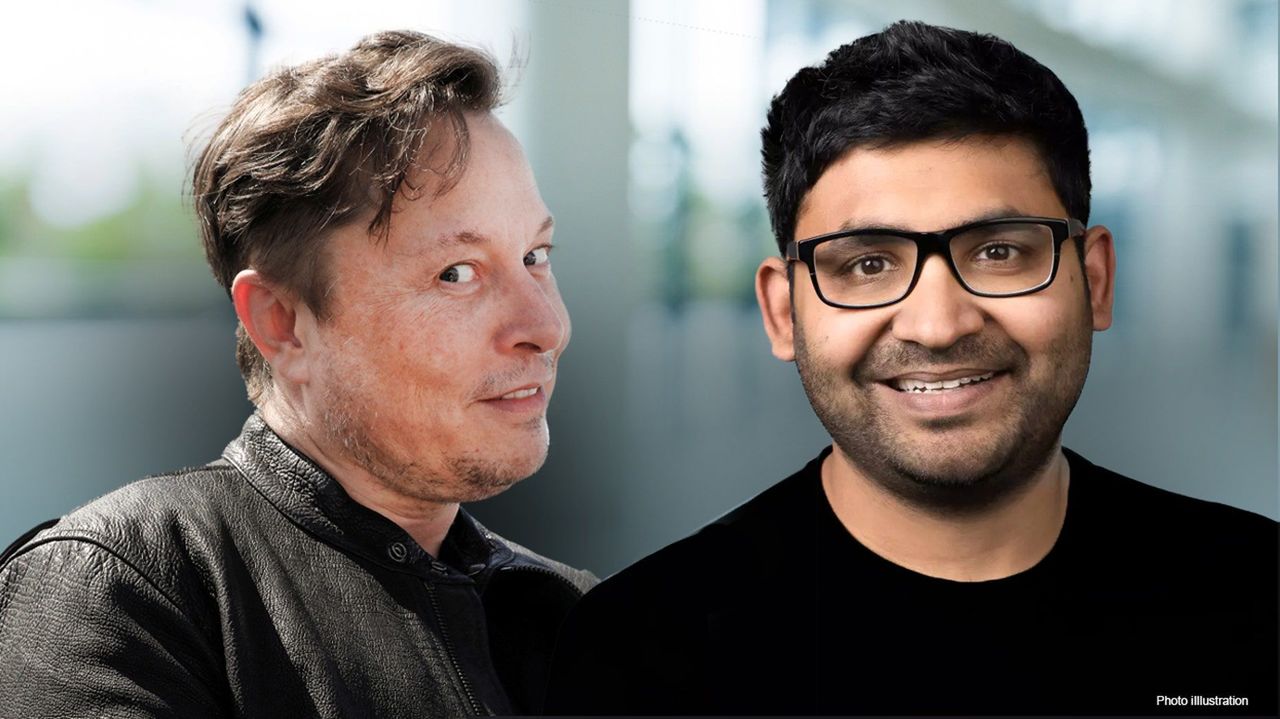The Tesla CEO says he wants an official confirmation of how many Twitter users are real and how many are fake
Elon Musk's deal to buy Twitter may still go ahead, if the details on the social media platform's actual user accounts can be confirmed.
Musk wants to know how many are ‘spam bots’ and how many are real people.
The billionaire CEO of Tesla agreed to buy Twitter in April for $44 billion, but has been trying to back out of the deal since July, accusing Twitter of misleading his team about the true size of its user base and other problems he said amounted to fraud and breach of contract.
Twitter sued him last month to complete the acquisition and Musk countersued.
The two sides are headed to a trial in October in a Delaware court.
"If Twitter simply provides their method of sampling 100 accounts and how they’re confirmed to be real, the deal should proceed on original terms," Musk tweeted early Saturday. "However, if it turns out that their SEC filings are materially false, then it should not."
Musk, who has more than 100 million Twitter followers, went on to challenge Twitter CEO Parag Agrawal to a "public debate about the Twitter bot percentage."
 A sign is pictured outside the Twitter headquarters in San Francisco.
A sign is pictured outside the Twitter headquarters in San Francisco.
Twitter declined comment Saturday. The company has repeatedly disclosed to the Securities and Exchange Commission an estimate that fewer than 5% of user accounts are fake or spam, with a disclaimer that it could be higher. Musk waived his right to further due diligence when he signed the April merger agreement.
In details reported about Musk's countersuit, he is accusing Twitter of intentionally "miscounting" the number of spam accounts it hosts in order to juice its user metrics "as part of its scheme to mislead investors about the company's prospects."
He also claims that Twitter's reliance on the metric mDAU, or monetizable daily active Twitter users, as a basis of revenue is misleading in and of itself.
Twitter replied in a filing in Delaware Chancery Court, calling Musk’s reasoning "a story, imagined in an effort to escape a merger agreement that Musk no longer found attractive."
















